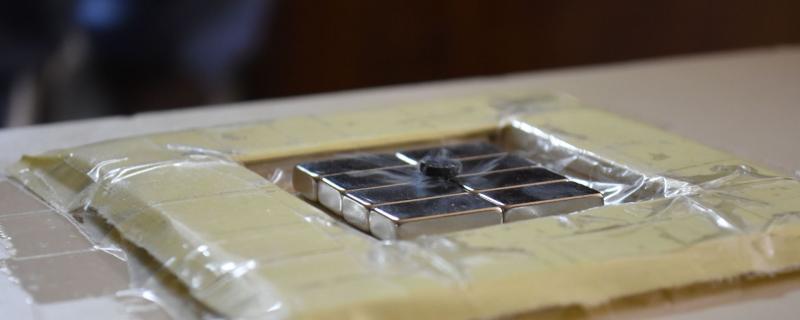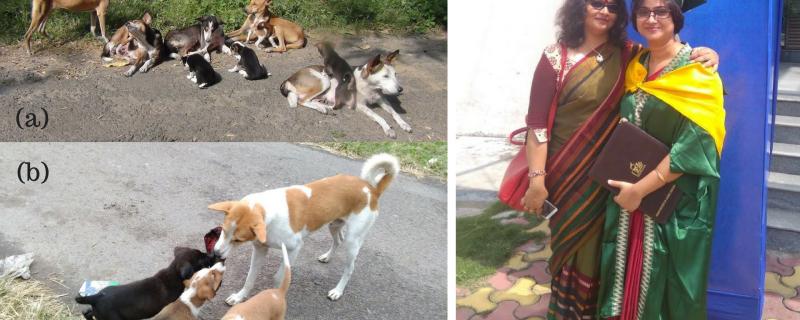Last month, doctoral student Mr. Dev Kumar Thapa and his advisor Prof. Anshu Pandey from the Indian Institute of Science, Bengaluru, claimed to have discovered evidence for superconductivity at a temperature much higher than ever before. The researchers have posted a preprint of their paper titled, “Evidence for Superconductivity at Ambient Temperature and Pressure in Nanostructures” to the arXiv, an online repository of pre-prints of journal papers. They have also submitted a paper outlining their findings to the journal Nature. In this particular instance, questions of various kinds have been raised about the research reported in the preprint in the public debate.
Despite successful bans on the veterinary drug diclofenac in Nepal and parts of India, a decade-long undercover investigation reveals that toxic alternatives like flunixin and nimesulide are rapidly replacing it, posing a renewed existential threat to the region’s critically endangered vulture populations.
Mumbai/










